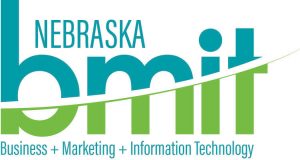Curriculum
Business Management and Administration Career Cluster
- Business Law
- Consumer Financial Protection Bureau Resource
- Economics
- High School of Business
- Management and Leadership
- Personal Finance
- Technical Reading
Finance Career Cluster
Hospitality and Tourism Career Cluster
- Culinary Arts
- International Business
- Travel and Tourism
Information Technology Career Cluster
- Nebraska Microsoft IT Initiative LiveBinder
- Copyright and Internet Usage Policies
- IT Careers
- Computer Science
- Middle Level Computer Applications
- Information Technology Applications
- Tablet Applications
- IT Support
- Network Systems
- Programming and Software Development
- Web and Digital Communications




